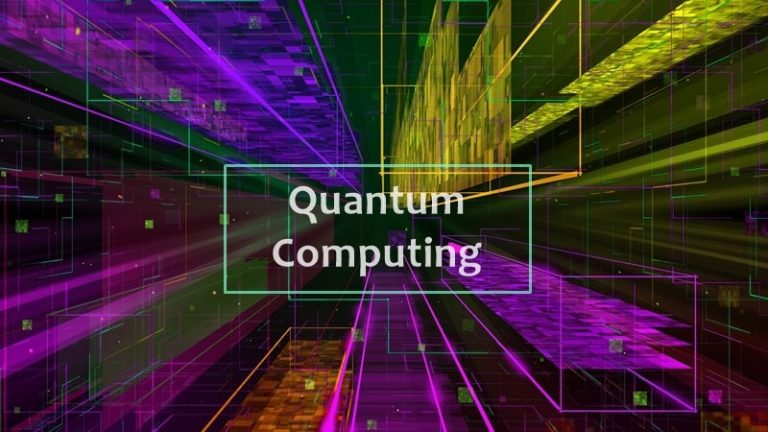Quantum computing has a wider scope in the future. It is capable to solve some of the world’s toughest problems. Quantum computers can work with nanoscale components at temperatures even colder than intergalactic space.
Microsoft to Open Source Q# Compiler and Quantum Simulators
At the annual Build developer conference, Microsoft announced that they will open source the Q# compiler and quantum simulators in the Quantum Development Kit. If you are unaware, Q# is Microsoft’s quantum computing programming language which was initially released in December 2017 at the Ignite Conference.
Microsoft understands the bright future of quantum computing, so the main purpose of this action is to accelerate the progress of this technology.
The traditional computers run on binary state and can exist in only on or off state at a time. but a quantum computing bit or qubit can exist in multiple states simultaneously.
Going inside Microsoft’s quantum computing development kit, it includes Q# language, compiler, trace simulator, library, and Visual Studio extension. The developers can also leverage the nature of quantum mechanics and particle physics to create more useful programs.
Microsoft doesn’t want to limit the quantum computing to brilliant physicists who are working with extremely powerful quantum machines. The company is using its Q# language to encourage and help normal programmers to write quantum code. The resulting code can then run through a cloud simulator or natively on powerful PCs.
Microsoft is embracing the open source community a lot these days. After the acquisition of GitHub, adopting the concept of inner source and launching an open source programming language, this announcement will also help developers and researchers in many ways. Moreover, developers can even contribute back to the open source community with their own code changes.
Microsoft previously offered Q# programming free courses to developers as well as providing Q# development access to Mac users. Though they didn’t reveal a specific date, Microsoft said that Q# open source initiative will come within a few months.
In addition to Microsoft, Intel, Google, and IBM also have a vision of miniaturized quantum computing hardware to bring the power of future technology to your desk. However, it still requires years to be fully realized.
It’s true that quantum computer promises to bring more computing power in the size of a normal desktop computer but nothing in this world is without drawbacks.
Just because of the availability of limited power computers, encryption algorithms like RSA keys require a lot of time and difficult to break. But with quantum computers, the security and encryption algorithms will definitely need an upgrade.

